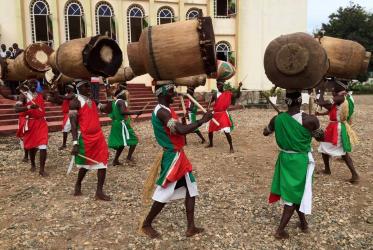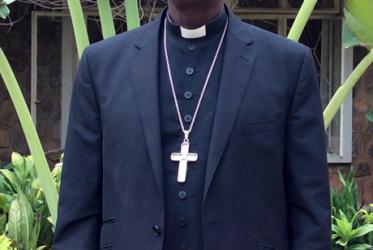Displaying 161 - 180 of 195
Calls for peace in Burundi grow louder
10 March 2016
Common prayer in Geneva responds to acts of violence
16 November 2015
Overcoming discrimination to address HIV in Zimbabwe
11 November 2015
Christians and Muslims to work together in Nigeria
29 September 2015
Next steps toward peace in South Sudan?
14 September 2015
WCC condemns violent demonstrations in Kinshasa
22 January 2015
Pilgrimage of justice and peace gives vision for WCC programmes
22 November 2014
Churches have a special role to play in HIV response
18 November 2014








